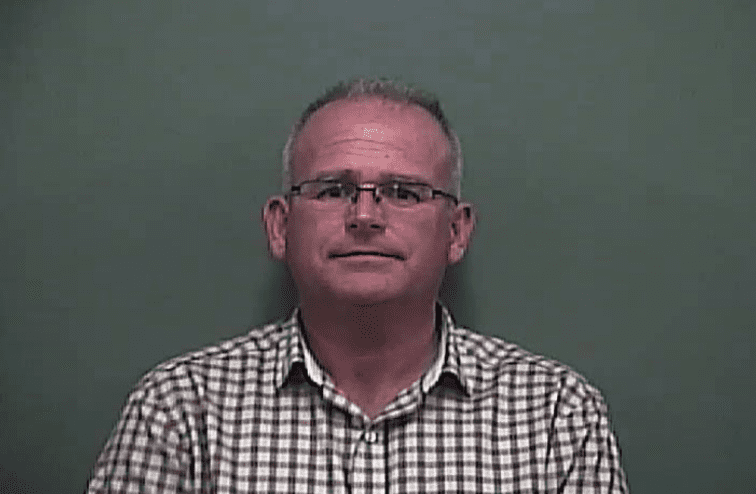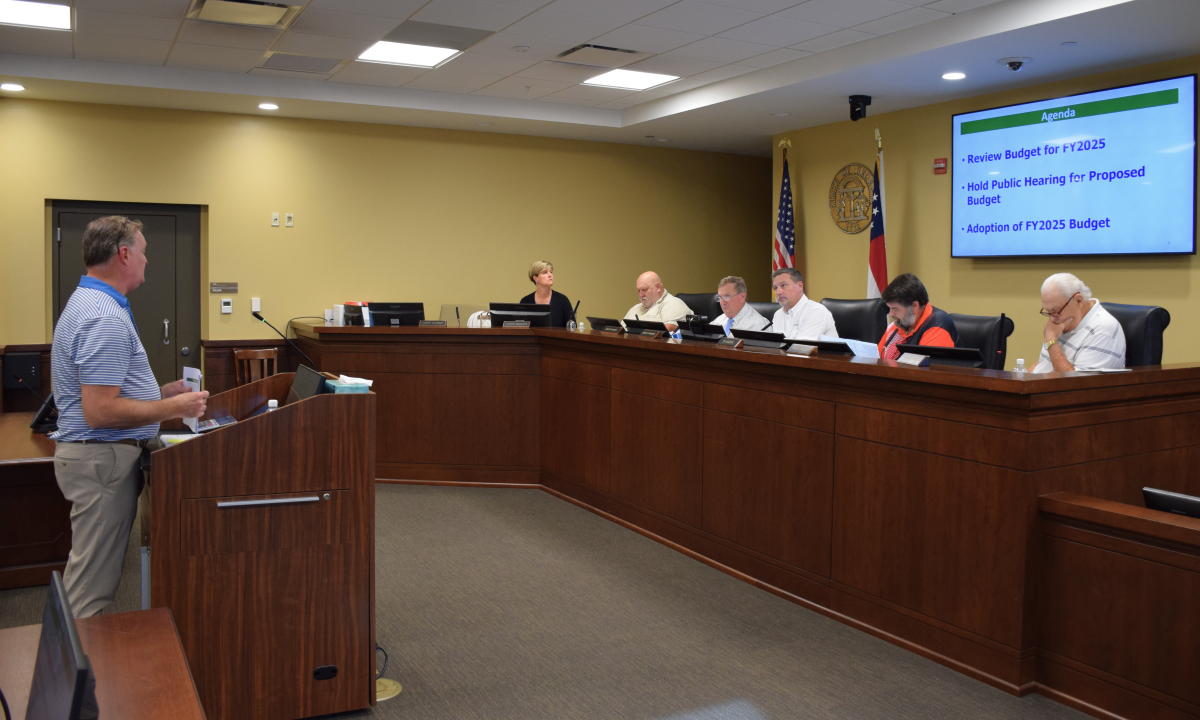Campaign season is coming to a close (yay, no more robocalls!) and candidates at all levels of government, from local school boards to U.S. Senate, are making their final push for votes. Georgia governor Nathan Deal (R) is among them. Deal is seeking a second term and he’s having to work for it. Polls show him running slightly ahead of his closest challenger, Democratic State Senator Jason Carter. Libertarian Andrew Hunt is also ‘in the hunt’ for the governor’s mansion but is trailing in the polls in the low single digits.

While Deal has honed his message on the economy, education and experience, there are at least two other issues that may have a bearing on his performance at the polls Tuesday; Ethics and Medicaid.
Ethics complaints
In an exclusive interview with the governor before his campaign rally Monday in Cornelia Now Habersham asked the governor if he is concerned about political fallout from ethics complaints lodged against him in 2011 for the alleged misuse of campaign funds and from the lawsuits that followed. “…That is money that I worked very hard to raise and I can assure you I did not misspend that,” Deal said.
In 2012 the governor was cleared by the State Ethics Commission of any wrongdoing and was fined $3,350 for technical defects in his campaign finance disclosures. Several lawsuits were filed against the state ethics commission in connection with the case; former staffers claim the commission retaliated against them in an attempt to stifle the Deal investigation. The state paid $1.8 million (including attorneys’ fees) this year to settle the lawsuits.
Deal was not personally named in the lawsuits. He blames the legal wrangling on what he calls “a dysfunctional ethics commission.” He told Now Habersham, “I’m the only one who’s proposed a meaningful reform of our ethics commission (and that is) to have all three branches of state government that are under the campaign ethics rules (to) have equal appointments to the ethics commission.” Under Deal’s plan, ethics commission appointees would be disqualified from hearing cases involving members of the branch of government that appoints them. Deal says he thinks his proposal is “one of the better ways to remove any appearance of any kind of conflict of interest.”
Medicaid and the Affordable Care Act
As for Medicaid, Deal chose not to expand Medicaid in Georgia under the federal Affordable Care Act. He was criticized in some corners, praised in others. Now Habersham asked if he has second guessed his decision. “No, what you should know is that we’ve seen our Medicaid population grow by 13%. Most of the states that decided to expand it only saw a growth of about 4%. We have what is called ‘presumptive eligibility’ and that is, if somebody presents themselves in an emergency room – it doesn’t have to be for an emergency – we cover them for two months whether they are on Medicaid or not and that is costing us a lot of money just because of that ‘presumptive eligibility’ which is a part of Obamacare.” Deal said the state has had to appropriate $351.5 million this year to accommodate the Affordable Care Act.
On challenger, Jason Carter
In today’s politically charged climate Now Habersham wanted to know if candidates see beyond politics and connect with their opponents on more personal levels. We asked the governor if he had anything positive to say about his opponent Jason Carter. Deal responded with a light chuckle and this comment, “He seems to be a fine young man. One of these days I suppose he might be qualified, but he’s certainly not demonstrated any leadership in the four years he’s been in the Senate.







